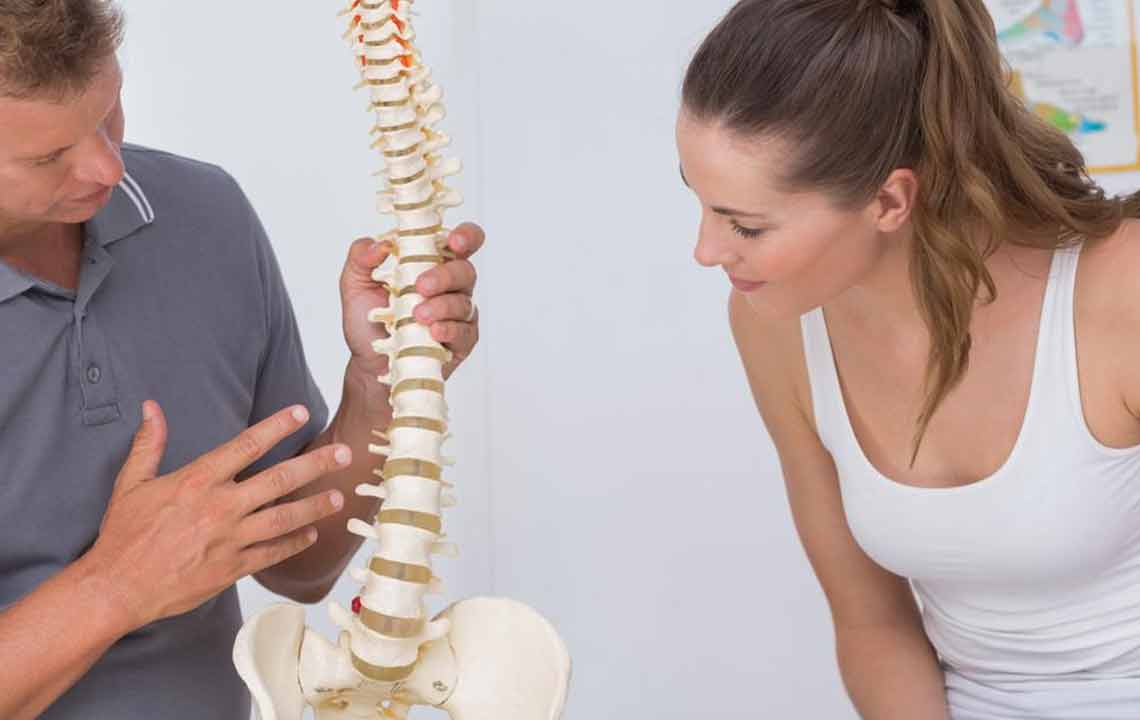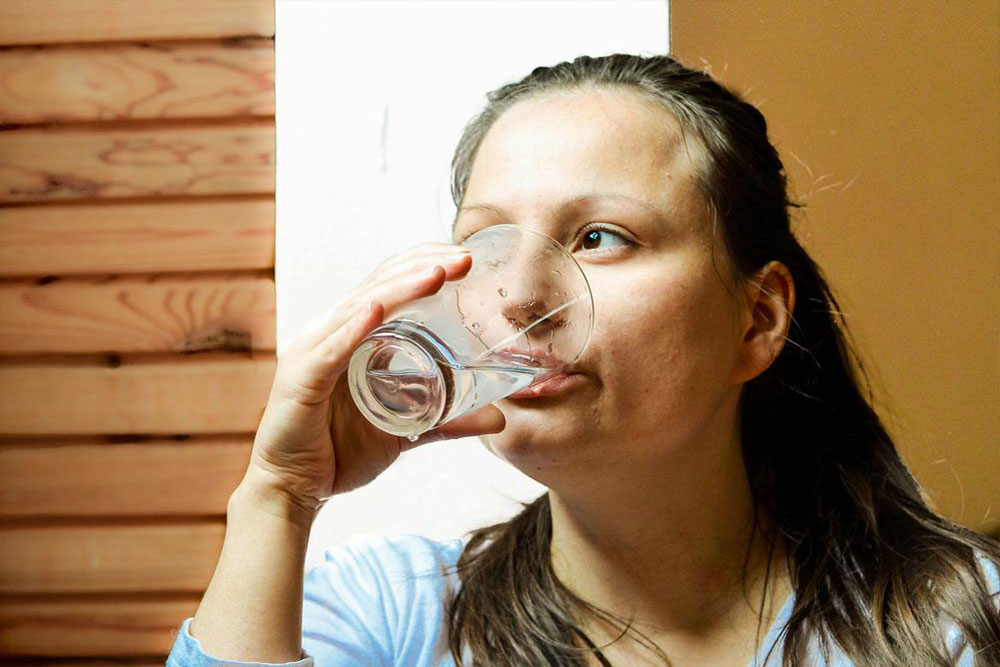Effective Strategies to Address Dizziness Causes
Discover effective strategies to manage and treat dizziness by addressing its causes. From hydration and acupressure to specialized maneuvers and exercises, this guide offers practical advice for symptom relief and prevention. Consulting healthcare professionals is recommended to tailor treatments to individual needs and promote overall well-being.

Effective Strategies to Address Dizziness Causes
Dizziness typically doesn't require treatment unless linked to a serious underlying condition. For instance, low blood sugar from diabetes can cause dizziness that warrants attention. Usually, dizziness is temporary, lasting a week or two, as the body adapts and strengthens the immune response.
Remedies for Dizziness
Addressing dizziness involves targeting its root causes, such as inner ear issues, vertigo, or motion sickness, through specific approaches.
1. Stay Hydrated
Dehydration significantly contributes to dizziness and vertigo. Those consuming less than the recommended daily water intake are at higher risk of inner ear problems that lead to dizziness. Maintaining adequate hydration supports optimal body functions and reduces symptoms. Ensure you drink enough water daily.
2. Acupressure
This alternative therapy involves applying pressure to specific points on the body to promote relaxation and well-being. Skilled practitioners can massage pressure points related to dizziness, providing relief.
3. Acupuncture
Similar to acupressure, acupuncture uses fine needles to stimulate precise body points. This traditional therapy has proven effective in alleviating dizziness and other health issues. Consult a trained acupuncturist to explore this option.
4. Head Position Techniques
For vertigo caused by positional changes, the Epley maneuver can offer quick relief. Performed by healthcare professionals, this technique involves specific head movements to reposition inner ear particles. It's recommended to inform your provider about neck or eye issues beforehand. Most patients see improvements after one or two sessions.
5. Balance Therapy
Individuals experiencing motion sickness or inner ear conditions may benefit from vestibular rehabilitation, which enhances balance and reduces dizziness episodes.
6. Exercise
Regular physical activity like walking or yoga helps strengthen muscles and improve stability, reducing dizziness frequency. Always seek guidance from a healthcare professional to choose suitable exercises and prevent symptoms from worsening.








